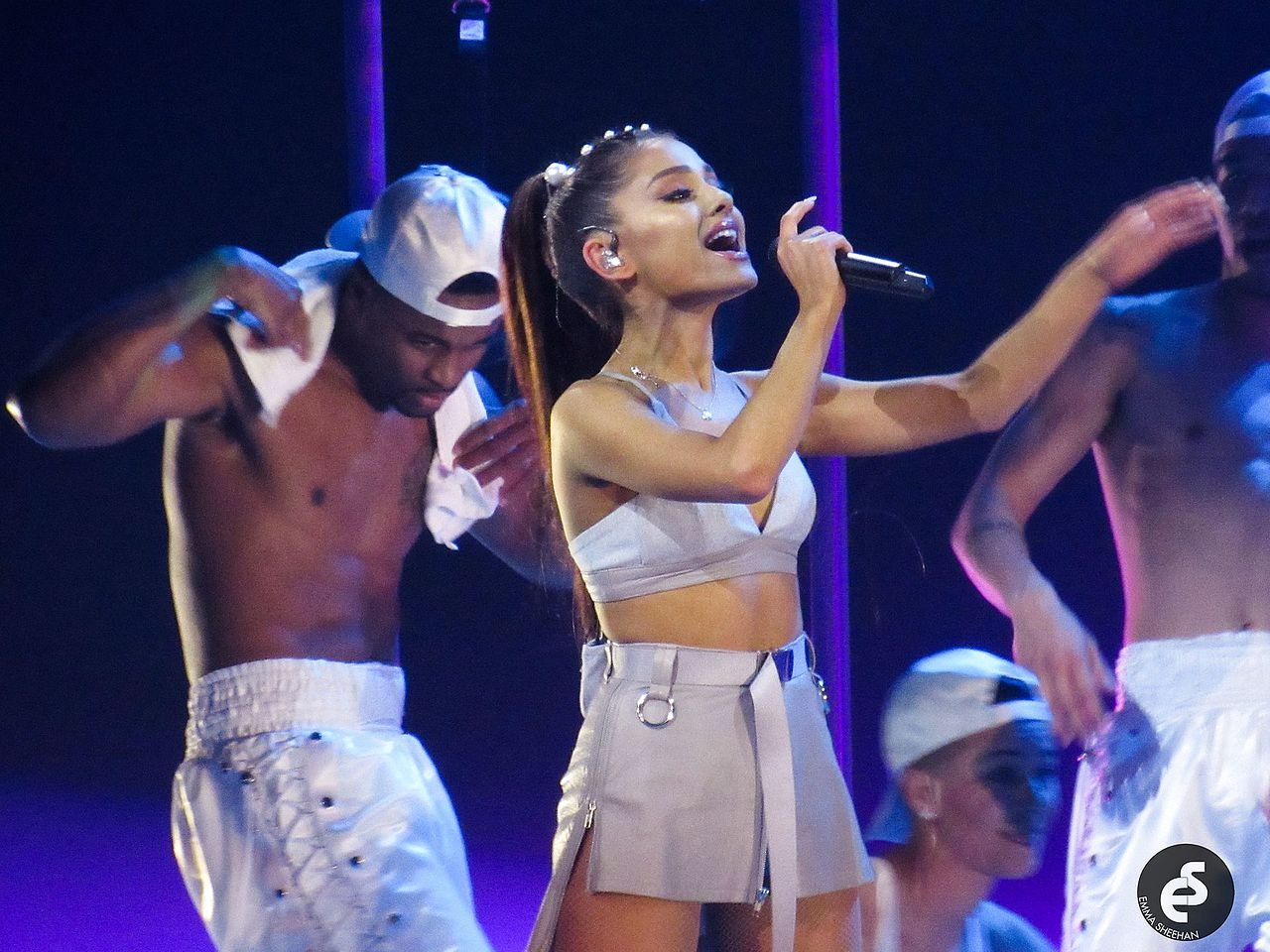Celebrity brand extensions have reached peak absurdity when R.E.M.’s Mike Mills feels compelled to respond through song. The bassist recently formed Howl Owl Howl—a supergroup featuring Hootie and the Blowfish’s Darius Rucker and the Black Crowes’ Steve Gorman—to address Ariana Grande’s use of the R.E.M. brand name. Their debut single “My Cologne” represents the most civilized musical callout in recent memory.
The Cassette Container That Broke the Camel’s Back
Mills draws the line at nostalgic packaging for contemporary fragrances.
The pop star’s R.E.M. empire spans songs, perfumes, and makeup lines, but Mills remained diplomatically silent until one specific product crossed his tolerance threshold. Grande’s decision to package an R.E.M. fragrance in a cassette-shaped container finally prompted action. “And I said, OK, that’s going over the line. I gotta say something about that,” Mills explained in an Instagram video.
The irony wasn’t lost on him: cassettes represent R.E.M.’s recording heyday, now repurposed as perfume packaging.
Musical Diplomacy in Action
The supergroup delivers criticism wrapped in humor and respect.
“My Cologne” features the deliberately cheeky chorus: “I want to smell like Ariana Grande, and I think she wants you to smell like me.” Mills repeatedly emphasized the song’s good-natured intent, stating, “It’s all in good fun, and I hope she likes it.”
This represents musical commentary at its most sophisticated—veteran rockers engaging with contemporary pop culture through actual artistry rather than Twitter rants or bitter interviews.
When Legacy Meets Modern Branding
The collision reveals broader questions about celebrity business empires.
Grande’s R.E.M. brand success mirrors the modern pop star template: diversify across multiple industries while maintaining cultural relevance. Her fragrance line built on the earlier success of “Cloud,” which won industry accolades and achieved substantial sales.
The bassist’s gentle ribbing highlights a fascinating cultural moment where multiple R.E.M. meanings coexist in consumer consciousness—the legendary band and the contemporary lifestyle brand operating simultaneously.
The supergroup’s formation itself sends a message: established artists can remain culturally engaged without dismissing younger generations. By channeling their critique into creative collaboration, Mills, Rucker, and Gorman demonstrate how cross-generational artistic dialogue should work—through music, with humor, and with respect for everyone’s hustle.


























